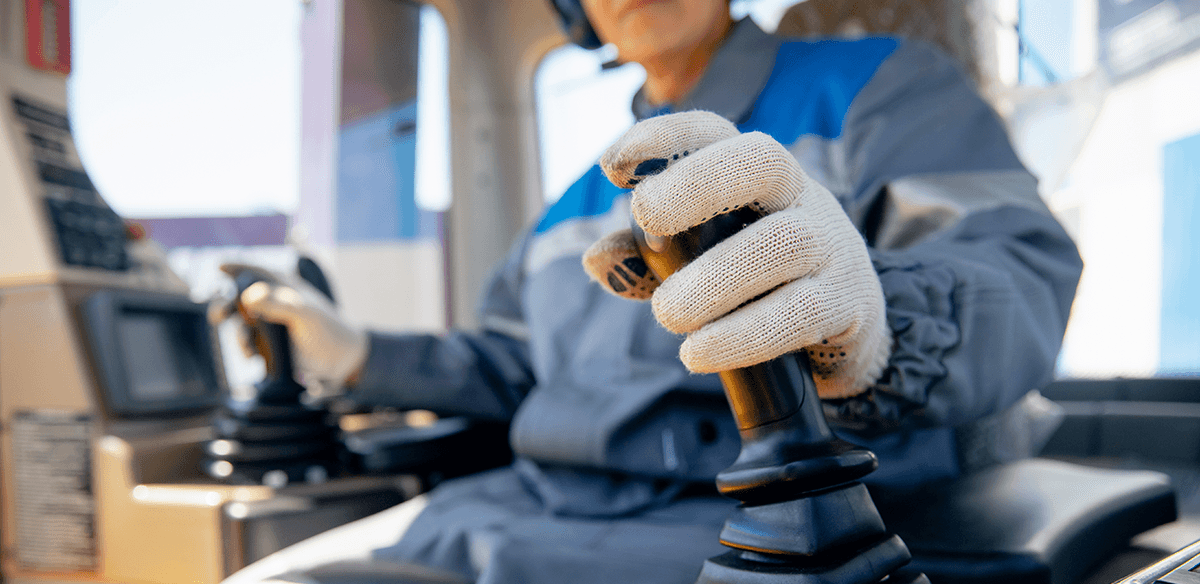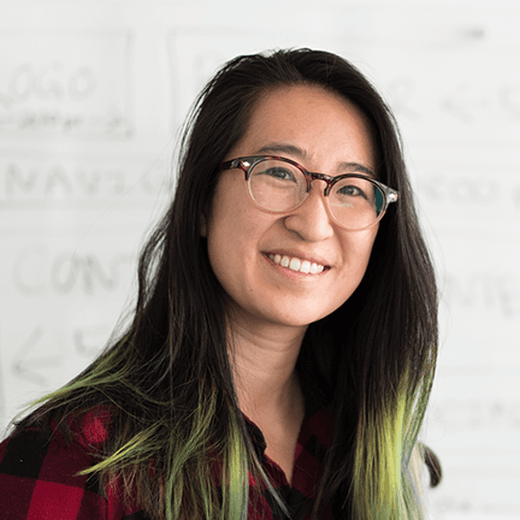Matthew Daniel |
When they’re done right, strategically designed People and HR programs can support more than just the ambitions and objectives of those particular teams.
One of Guild’s newest partners, Tyson Foods, is an example of this. The program, which employees can enroll in starting today, focuses on education, skilling, and career mobility. And while those endeavors are often considered the domain of People and HR teams, the program serves broader business aims.
Tyson announced its partnership with Guild in April, along with a $60 million investment in education and career mobility programs for more than 120,000 eligible employees. That announcement was championed not only by the company’s Executive Vice President & Chief People Officer, Johanna Söderström, but also by John R. Tyson — the company’s Chief Sustainability Officer.
“Providing equity and opportunity to every single member of our team is part of our goal to make Tyson the most sought-after place to work,” said Tyson in a press statement announcing the investment. “Providing education benefits will continue to lay a foundation for personal and career growth for our team members.”
As our country navigates significant changes, the role of People and HR teams continues to evolve. HR teams have transformed into a highly strategic arm for businesses everywhere — leveraging innovative technologies, managing unprecedented labor challenges, and tackling systemic inequalities by reevaluating legacy hiring practices.
Because of this, it’s become more apparent that their programs can serve and accelerate the goals of other strategic functions for employers. While corporations continue to fortify their workforce with the necessary skills to stay competitive, Corporate Social Responsibility (CSR) and Sustainability leaders are looking for ways to positively impact their communities and move the needle on issues like poverty, economic mobility, and racial inequity.
Tyson’s program will give its US team members access to Guild’s Career Opportunity Platform, which has 175 programs, including literacy and high school completion programs, from over 35 of the nation’s top learning providers.
The initiative expands Upward Academy, an onsite adult education program, that has provided free ESL, GED, citizenship, financial, and digital literacy classes to Tyson’s frontline workers. Launched in 2016, the program is currently offered at 46 Tyson locations. With the addition of the online curriculum through Guild, employees at all US locations will now have access to learning programs provided by dozens of institutions of higher learning.
With one-on-one support from coaches to pursue career certificates and college degrees, employees can gain the skills and knowledge they need to further their personal and professional growth — all without paying for tuition or career services on their own.
Tyson’s alignment of its HR strategy with its social responsibility and sustainability strategies demonstrates how these programs can drive impact both for the business and employees.
Workers everywhere, just like those at Tyson, expect more from their employers. They want an accessible path to a promising future with a career and a mechanism to get there. By increasing opportunities for its employees within the workplace, Tyson offers workers access to a brighter future for themselves and their families.
Aligning HR and sustainability
Tyson is one of many leading employers that align its HR and sustainability strategies. Education and career mobility programs, including ones operated in partnership with Guild, for example, are regularly featured in many companies’ Corporate Social Responsibility and Environmental, Social, Governance (ESG) reports like Hilton, Disney, Walmart, and Chipotle. Across all these different businesses, HR efforts are referenced as part of their human capital strategy disclosure.
These reports allow companies to share key metrics and the progress they are making towards publicly stated targets regarding diversity, equity, and inclusion, as well as economic mobility and sustainability.
It’s a kind of transparency that matters to many stakeholders, and smart, innovative companies know that striving to meet such needs attracts the attention of investors, employees, and consumers. A 2022 report by Edelman, for example, found that across 28 countries, 60% of people chose a place to work based on the brand’s beliefs and values, and 58% of consumers buy or advocate for brands based on their values.
Building a culture of opportunity
Through its career mobility program and partnership with Guild, Tyson now has the capacity to offer its employees opportunities to develop new skills and talent, pathways for careers with good pay, and a sense of purpose to get them to where they want to be.
By enabling its workforce to pursue growth and prepare them for the roles of tomorrow, Tyson is developing a culture of opportunity that will help them attract and retain talent, build the workforce of the future, and create a positive, catalytic effect for their employees and their families, for generations. It’s an aspiring goal all departments — HR, corporate social responsibility, and sustainability teams alike — can get behind.



